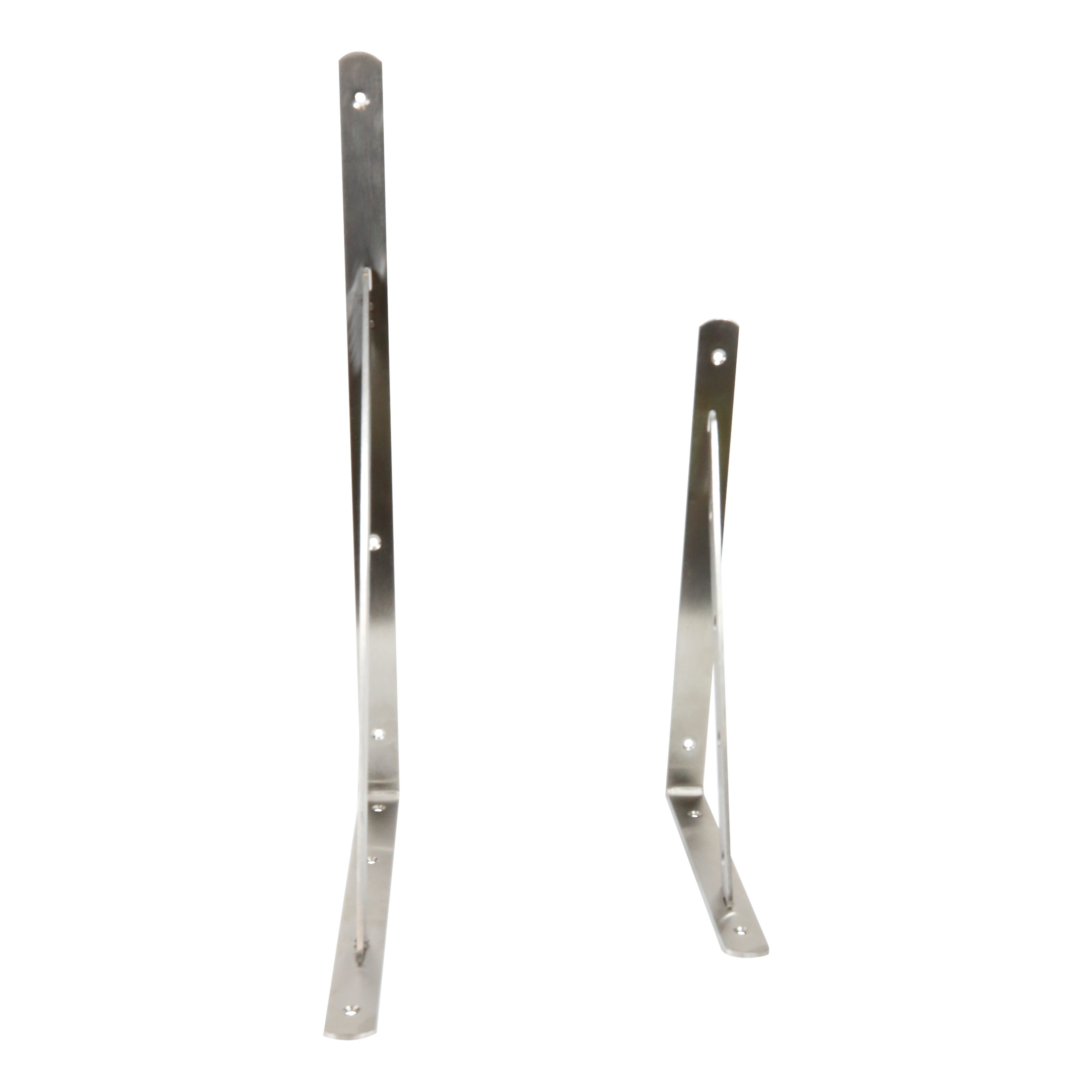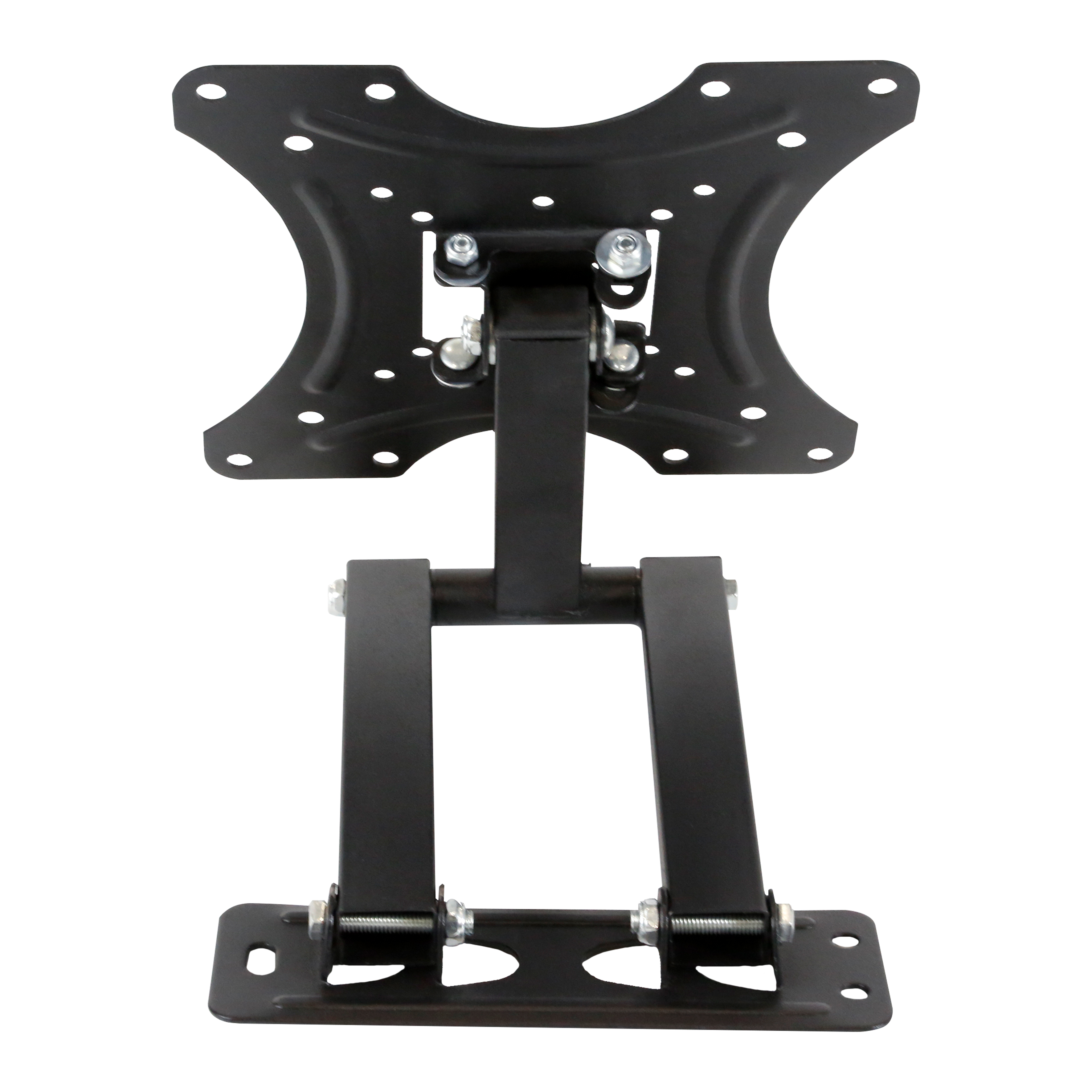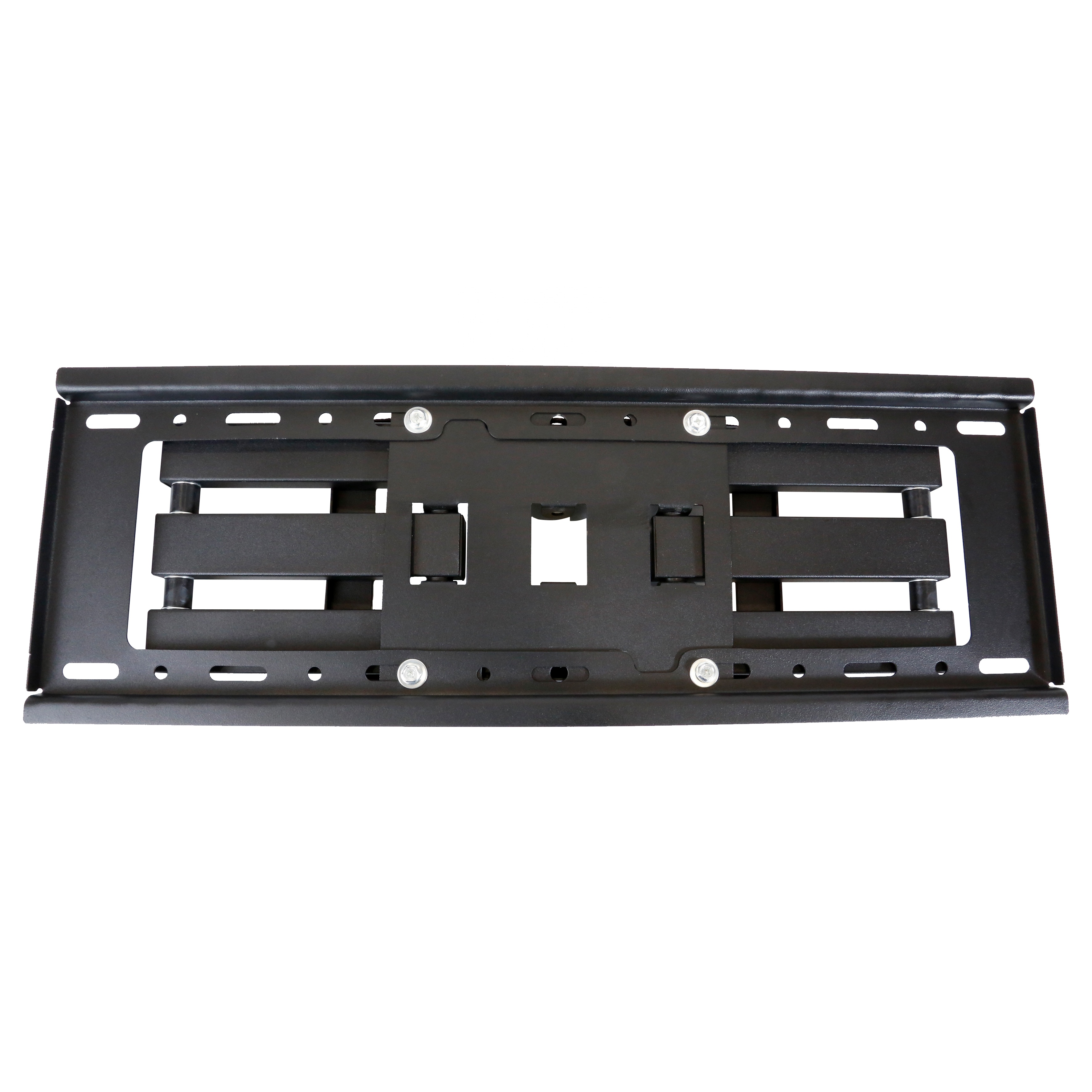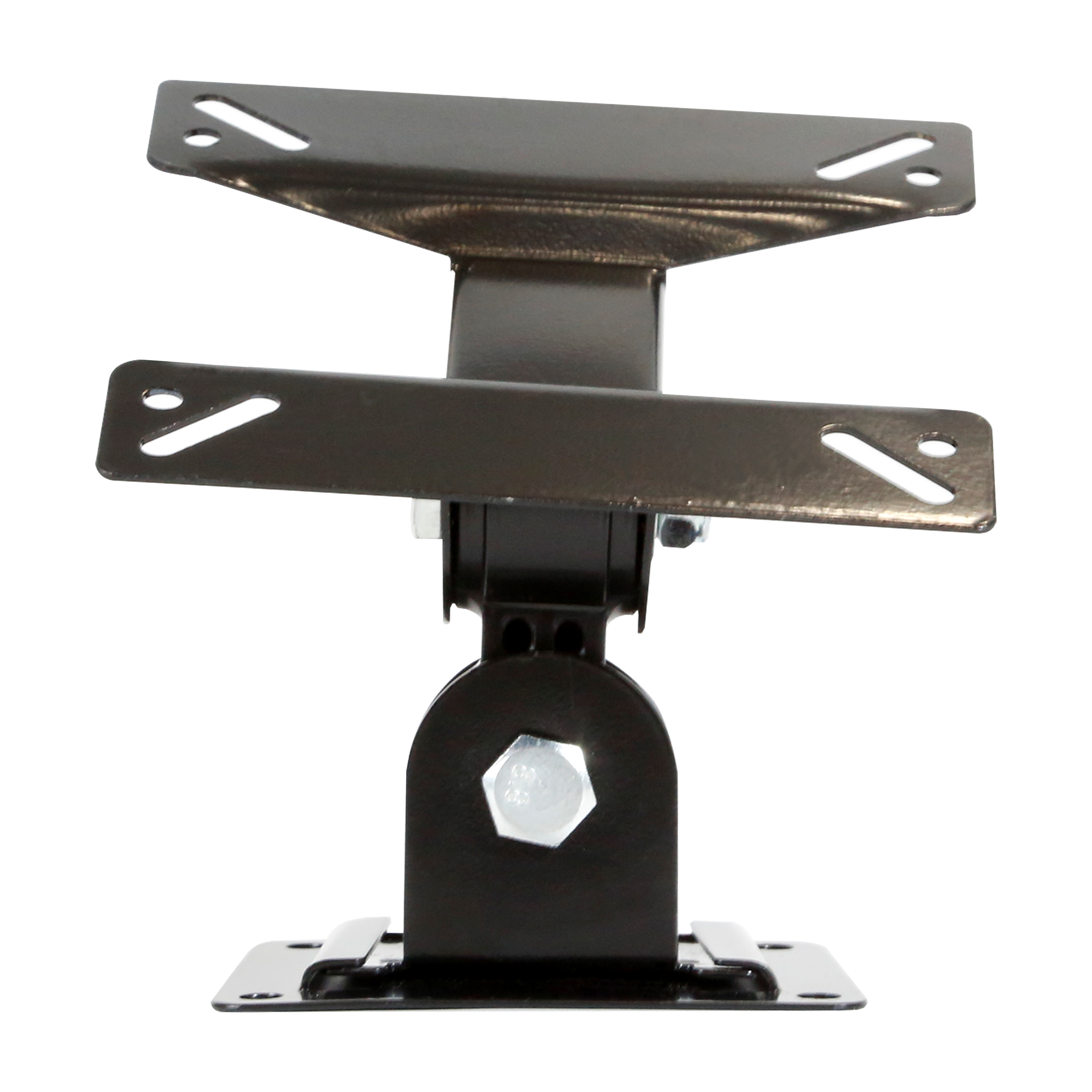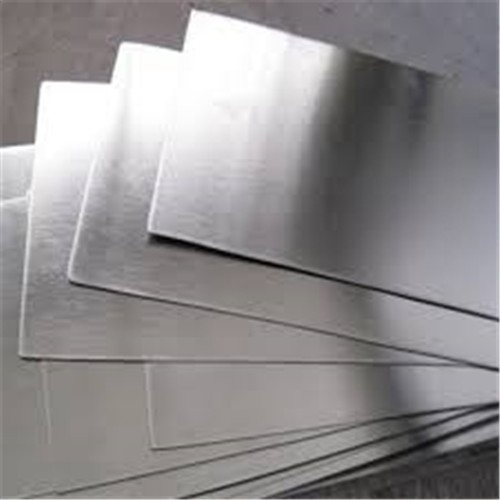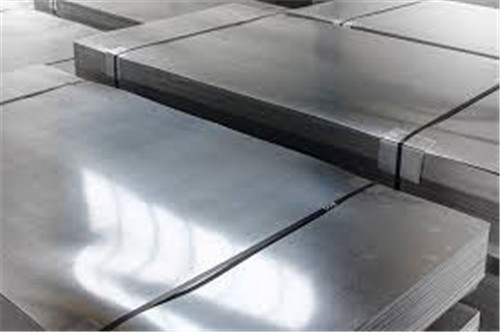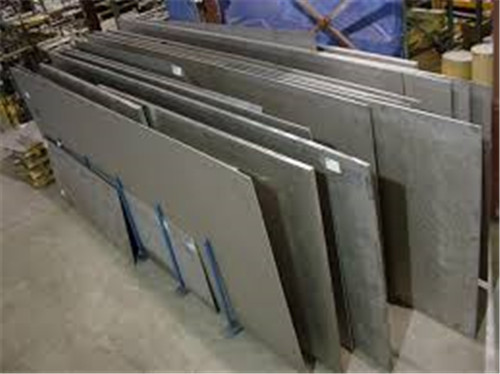Application guide for titanium sheet metal
Application guide for titanium sheet metal
Titanium sheet metal is becoming an increasingly popular choice for a variety of applications, from medical implants to aircraft parts. But what is this material, and how can it be worked? In this article, we’ll provide a brief introduction to titanium sheet metal and some tips on how to work with it.
Titanium is a strong, lightweight metal that is widely used in many industries today. Titanium sheet metal is used in a variety of applications, including aircraft construction, automotive parts, and chemical processing equipment.
The use of titanium in sheet metal form is growing rapidly in many industries. Its unique combination of high strength, light weight, corrosion resistance, and ability to withstand extreme temperatures make it an ideal material for many applications. Here are a few guidelines to help you get the most out of your titanium sheet metal.
How to process titanium sheet metal
Titanium is a versatile metal that can be used in a variety of applications, from aircraft components to medical implants. And while it’s strong and lightweight, titanium can be difficult to work with. That’s why it’s important to know the best way to process titanium sheet metal.
Here are a few tips on how to process titanium sheet metal:
- Use carbide tools when cutting or drilling titanium. Carbide tools stay sharp longer and can withstand the high temperatures that are generated when machining titanium.
- When grinding titanium, use a grinding wheel that is designed for stainless steel. Titanium produces a lot of heat when it’s being ground, and a stainless steel wheel will dissipate that heat better than a regular grinding wheel.
- Use coolant when machining titanium. Coolant helps to keep the tool from getting too hot, and it also helps to wash away any chips that are generated.
- Take your time when machining titanium. Titanium is strong, but it’s also brittle. If you work too quickly, you run the risk of breaking the tool or the workpiece.
Common problems and solutions when using titanium sheet metal
When it comes to using titanium sheet metal, there are a few common problems that can occur. Here are some solutions to those problems:
-Titanium can be difficult to weld. One solution is to use a lower amperage when welding titanium. This will help to prevent the metal from burning through.
-Titanium can be difficult to cut. One solution is to use a plasma cutter instead of a traditional cutting torch.
-Titanium can be difficult to drill. One solution is to use carbide-tipped drill bits instead of standard drill bits.
Problem:
Titanium metal is strong, light and corrosion-resistant, making it ideal for many applications. However, when working with titanium sheet metal, there are a few common problems that can occur.
Solution:
Fortunately, there are solutions to these problems. By taking the time to troubleshoot and address these issues early on, you can avoid costly delays and production errors.




